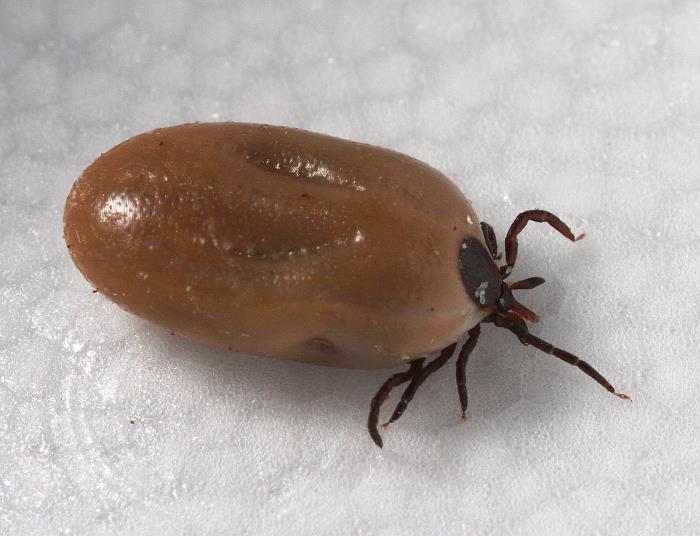WASHINGTON (July 7, 2023)— Tick-borne disease cases have increased in the U.S. by 25% between 2011 and 2019, according to the Centers for Disease Control and Prevention (CDC). Ticks can carry and transmit pathogens that cause over a dozen diseases, some of which can cause serious health complications or are even fatal if left untreated. In the spring the CDC issued an alert for babesiosis, a tick-borne disease that can be fatal in rare cases. Babesiosis can occasionally be confused with Lyme disease, another tick-borne illness that causes fever and muscle aches but whereas Lyme disease has a defining feature, there isn’t an obvious babesiosis symptom. The increase in tick-borne disease infections can be partially attributable to the warming climate, enabling ticks to become active earlier in the spring and last until the late fall.
Marc Siegel, is an associate professor of infectious diseases at the George Washington School of Medicine and Health Sciences. He can discuss prevention and treatment of tick-borne diseases.
To schedule an interview with Marc Siegel, please contact Rachel Larris at rlarris gwu [dot] edu (rlarris[at]gwu[dot]edu).
gwu [dot] edu (rlarris[at]gwu[dot]edu).


